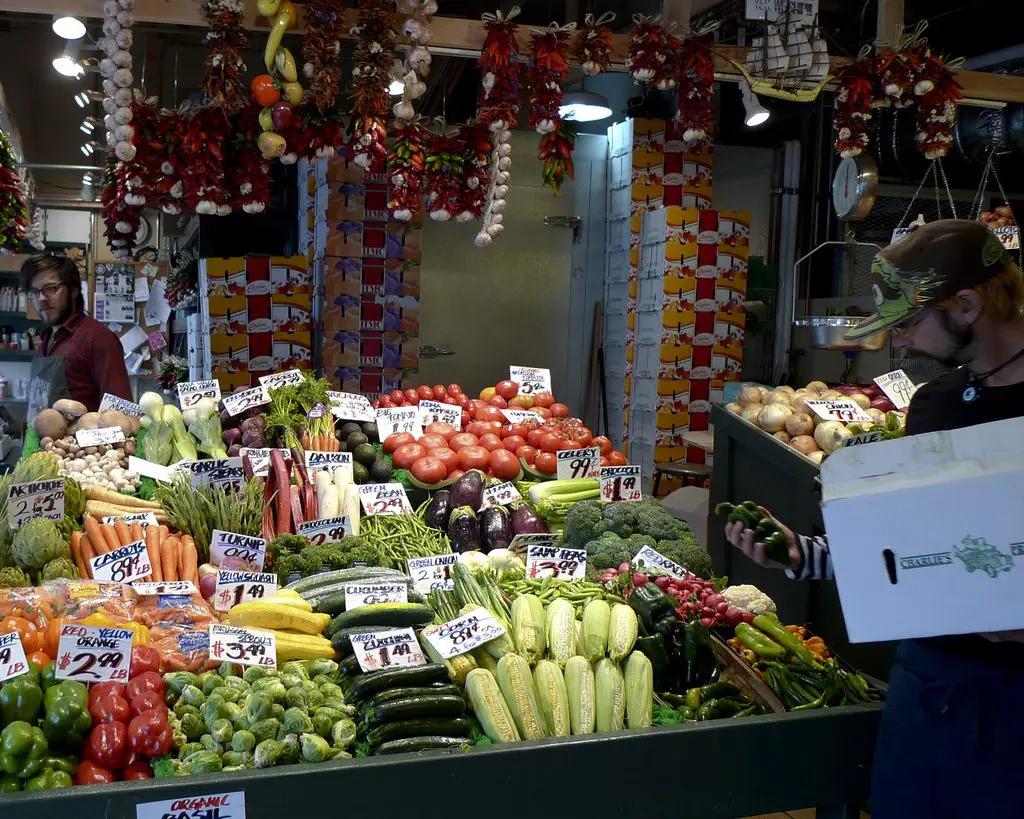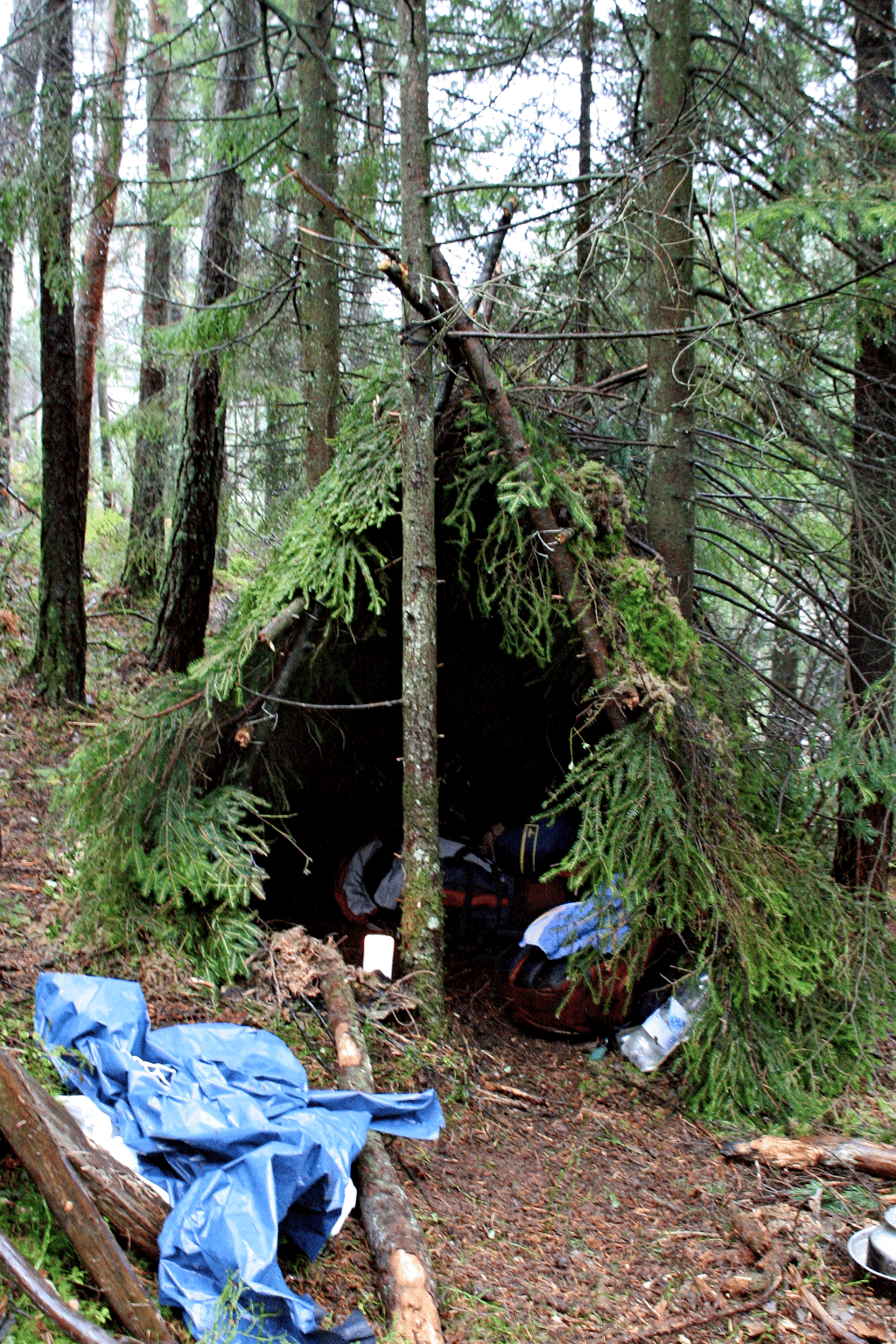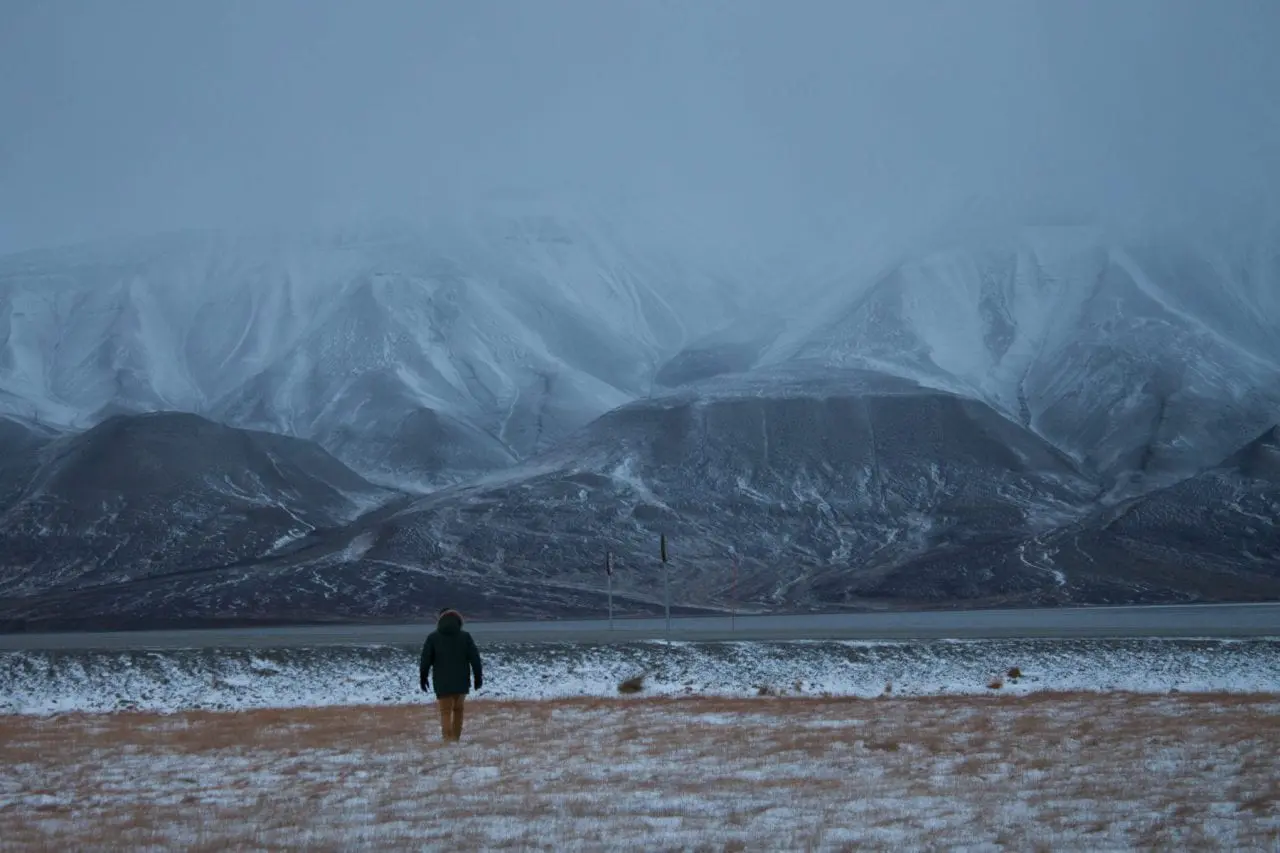Man On The Prep - Volume One

Don't mind the title, it's not meant to be misogynist. Women make some of the best preppers I've had the pleasure of knowing. They're more naturally inclined to think ahead and make sure everyone is covered than some members of the male species. I'm talking about me here - definitely me. Just ask my wife.
One of our goals here at ReadyTribe.com is to get people thinking about their future. It's to get them ready for whatever might come their way - be it a natural disaster, economic collapse or just one of those endlessly shitty days that we run into from time to time. Those days where, despite our best efforts, everything that can break does break. Everything that can go wrong goes wrong.
Readiness in the day to day rituals we live our lives by is more important than the "big prep" so many people strive for, but that's a topic for a different article. This one is about reaching out to the man on the street and seeing how everyday Americans are getting ready for whatever fate shoves their way next.
We're a resilient people by nature (and nurture - we've been fighting uphill odds since we first kicked the yoke of tyranny off the crown of King George the Third's poofy little wig). While the ease and economy of modern living have started to dull those inclinations, deep down inside of us all exists the blood and bone of our fore bearers. People who survived the Great Depression and numerous other periods of trials and tribulations in our relatively brief history as a country.
With that in mind, we took to the street (backroads/Facebook/whatever) and asked average Americans what they were doing to stay ready. Below are their responses, as well as some suggestions/feedback from ReadyTribe.com. If you'd like to participate in future editions of this series, let us know your readiness story in the comments or on our Facebook page.

"A lot of people talk about a national disaster, a loss of services and economic collapse. People build bunkers, store canned food and set up a bug out bag to be ready at a moments notice. These are all great ideas but I'd like to mention something for those who would have access to mountains, rivers and lakes. How does the old saying go? Give a man a fish, or teach him how to fish so he can survive on his own. Think about this, if food and water become scarce, there are always the rivers and lakes where there is plenty of water and the possibility of catching fish. This is how man has done it for centuries.
My suggestion is to get that GPS now, so you know how it works. You can also download satellite imagery to your device, giving you somewhat closeups of the surrounding areas, and possible fishing grounds. If you decide to "bug out" into the hills like "Red Dawn" water purification, shelter and fishing gear are your best bet. In case GPS no longer works, bring a map or use your GPS as a map if your location doesn't show up. You'll still have those downloaded satellite images to go on. In addition to a survival fishing kit, you'd could also carry a couple of fishing "Yo Yo's" which work like a tape measure, automatically reeling in fish to the surface to be picked up later. A similar technique is "bottle fishing" by tying a line to an empty, floating bottle. The fish gets tired of struggling and is eventually brought to the surface.
Another crucial element to survival is backpacking light. This means whatever you carry has to be necessary for your survival. Every item should have multiple uses if possible. I often Packraft and created my own kayak paddle which also serves as a blowgun, raft sail frame, 2 trekking poles, Hawaiian Sling, fire stoker etc. By carrying around or using as trekking poles, I am able to have a multi-use tool worth the extra weight.
In summary, learn to fish now and where and be sure of what you bring with you. Canned food is very heavy and won't last long."
- Shane H, Kenai Alaska
Great points, Shane. One of the tenets of long term survival is the ability to procure long term food sources. Nothing will last forever and having the skills to provide food for yourself and family is huge. It also becomes a leverage-able asset in the "post-FIAT" economy that would accompany any global shift in civilized society. Skills and know-how will be very valuable in such situations.

"One of the main things that I do as a survival readiness practice is to purchase fruits, veggies, and even meats in bulk when they are on sale, and then process and dehydrate them in various ways in order to store them without relying on electricity. For fruits, making various fruit leathers is a favorite with adults and children. Using bananas in the blended mix keeps the leather pliable, even when fully dried. Rather than using set recipes, I will just use what is on hand, sometimes trying to add various spices to simulate the flavors of baked goods. Some favorite combinations are banana-strawberry, banana, apple, cinnamon, with optional chopped pecans or walnuts. As long as you have a couple of bananas in the blender, pretty much any combination of fruits that sounds good to you will work! Just put the washed and seeded fruit pieces in the bender with the minimum amount of water necessary to blend, and blend until smooth. In the case of additional nuts, you can add them in at the end, and pulse until the nut pieces are the desired size. Then, spread thinly and evenly on your teflex or parchment paper dehydrator sheets and dehydrate on about 110 until dry but pliable, flipping once after the tops are dry, and you remove the parchment paper or teflex sheets.
I also like to buy beef or other meats on sale and make jerky, and dehydrate it for future emergency use, or just for snacking. It is a much better deal that the jerky you can purchase in the stores, and you can tailor your recipe to suit your own preferences for flavors, heat, and sweetness, if you like the teriyaki flavors.
In addition to these ideas, you can also dehydrate your leftovers, and make them shelf-stable. Things like spaghetti with sauce, beef stew, chili, and thicker soups like pea soup can be prepared and then dehydrated on the highest setting for about 12 hours, and then rehydrated when needed by putting them in a pot, covering with water (adding more later, if necessary) and simmering covered for about 30-40 minutes.
In addition to using these ideas for survival prep, you can also prepare your own meals for camping, rather than spending a lot of money on ready-made camping meals.
- Alex R, Wisconsin
Alex has some great tips here on how to improve the quality of "prepper" food while going lightweight on the budget. We absolutely love the idea of making camping food at home. This is invaluable practice and will prove handy in any future readiness situations. "Perfect practice makes perfect," and practice is a highly underrated part of any preparedness or readiness plan.

"So I have been working towards getting my home and family prepared for several types of disasters that could affect the area where we live. The three biggest disasters that are most likely to happen in my area are weather related and include tornados, earthquakes, and flooding. We live in the Midwest and near the Mississippi and Missouri rivers. Tornados are a common occurrence and this last year, flooding became a huge issue once again.
To prepare my family and home for these disasters, we have taken several precautions and steps to be prepared for any of these situations. For starters, my family has a plan of action if any disaster was to occur and we are not altogether. We have a rendezvous point and have the best route to get out of our neighborhood if a disaster were to strike. We are all on the same page if a situation occurs.
In addition, our home has a basement area that is stocked with canned goods and water to last us at least 2 weeks. In addition to food and water, we also have other supplies such as flashlights, extra batteries, and first aid kits. Within our home, our family knows the best areas of the house to go if a disaster were approaching. If anything were to happen while anyone was at home, I am certain they would be able to use their knowledge to keep themselves safe and have the supplies they need to help them.
In the unlikely situation that firearms are needed, my family is trained in the safe usage of weapons. We have several handguns and other firearms in the house that I am confident my family knows how to use safely. This is obviously a worst case scenario, but I feel it is important for their safety that they have the knowledge needed to use firearms.
With all that said, my basic philosophy on survival, readiness, and/or preparedness is having a plan for certain events. The supplies they need will be available to my family, but my concern and job is to make sure if disaster strikes, they are prepared to deal with the situation. My family will keep their cool and use what they have learned to make the best decisions for any given situation."
- Tony J, Moscow Mills Missouri
Tony just showed us an excellent example of how to get ready, from analysis to planning and even implementation. Cheers to Tony. You're a shining example of what we all strive to achieve. If you need help getting started on Tony's path, here's an excellent resource called Zero To Ready.
That's it for today. Get ready. You never know what's coming our way.



